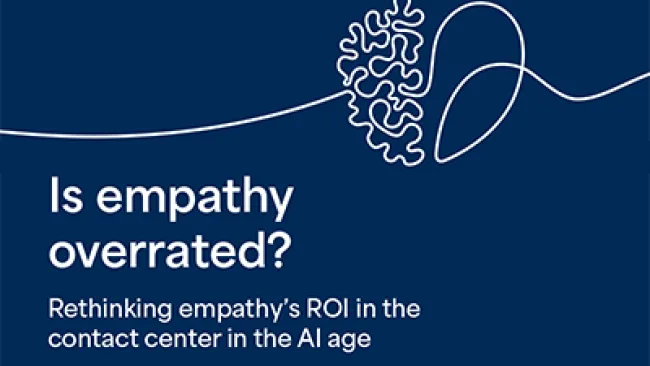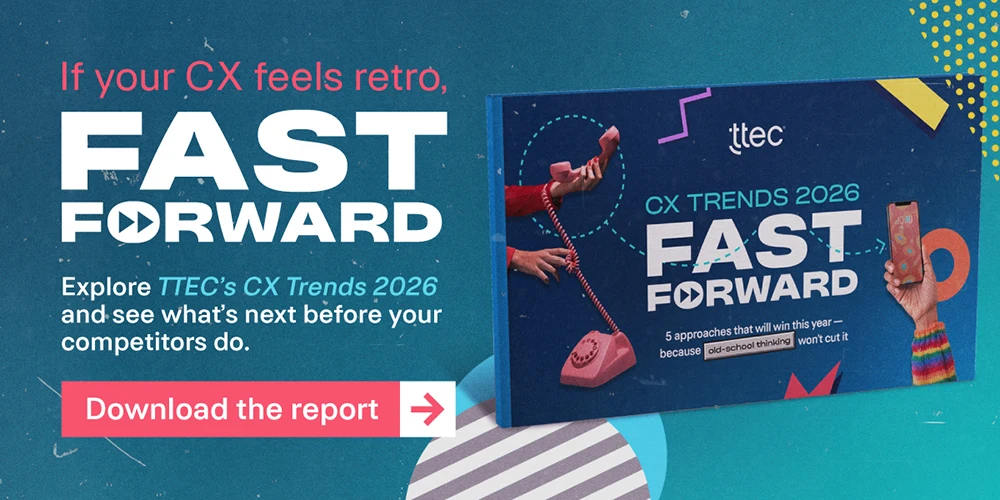Patagonia is endorsing two political candidates. Nike’s Colin Kaepernick ad spurred some customers to burn their sneakers. Are brands throwing out the rulebook on avoiding social and political topics? Yes and no.
At Incite Group’s Brand Marketing Summit, marketers explained why they’re wading into sensitive topics.
“Consumers are craving brands that have a point of view,” said Jill Cress, chief marketing and communications officer of National Geographic Partners.
Research shows that in today's divisive climate, a brand’s values could play a role in people’s purchasing decisions. Two-thirds of consumers think brands should take a public stance on issues such as, immigration, civil rights, and race relations, according to a Sprout Social report. And 51 percent of millennials said they’re more likely to shop at a retailer that demonstrates awareness of social and political issues, reports Accenture.
Another reason why consumers are placing more importance on a brand’s political and social values is because they have too many options, according to James L. McQuivey, vice president and principal analyst at Forrester.
“People are offered a dizzying array of products and services [and] emotion helps us select which things to pay attention to and remember,” McQuivey wrote in a blog post. Values-based marketing reinforces “the things the customer already cares about, thereby inserting the brand into the customer’s daily narrative in a highly relevant way.”
Planet or plastic?
Indeed, Cress acknowledged that polarizing issues, such as combatting climate change, are difficult to garner support for, versus a more direct goal like removing plastic from the ocean. “It’s much harder to deny that the oceans are full of plastic, which is why we launched our most recent initiative, Planet or Plastic?,” she said.
The multi-year initiative aims to reduce the amount of single-use plastics polluting the oceans through storytelling and science. National Geographic has partnered with scientists, photographers, creative agencies, and other organizations to create content that raises awareness of the global plastic trash crisis.
“We want to focus on these kinds of marketing strategies because they have the potential for limitless positive impact,” Cress said.
Calculated risk
Of course, not all values-based marketing campaigns are as relatively uncontroversial as reducing plastic waste. “The best brands have a purpose, but it must work within the context of today’s culture,” said Molly Battin, EVP and global chief communications and corporate marketing officer at Turner. Battin then proceeded to show a video ad by CNN (a subsidiary of Turner) called “Facts First” that received attention for its jab at President Trump referring to the network as “fake news.”
Marketing campaigns are typically based on strategic calculations about what consumers expect. And so even though it’s unlikely that CNN’s ad changed viewers’ opinions about the brand, the network arguably had more to lose by not joining the conversation.
Consumers are looking for authenticity, noted Alegra O’Hare, VP of global communications at Adidas, and to be authentic, brands “must be willing to take [calculated] risks.” Even the most innovative campaign needs to align with your customer strategy, she added.
Which brings us back to Patagonia and Nike. Both brands are taking bold stances that could potentially backfire, but it looks unlikely. As Quartz noted, Patagonia has a decades-long history of supporting actions to protect natural resources and the candidates it’s supporting endorse environmental conservation. And despite calls to boycott Nike over the Kaepernick ads, the sports apparel company has seen a $6 billion increase in overall value since Labor Day (the day Nike announced it would feature the former quarterback of the San Francisco 49ers in its ad campaign).
And while there isn’t a shortage of controversial ads gone wrong, brands can increase their chances of success by asking one question, “does this fit our values and our targeted customers’ values?”















